Health Justice Alliance Responds to COVID-19
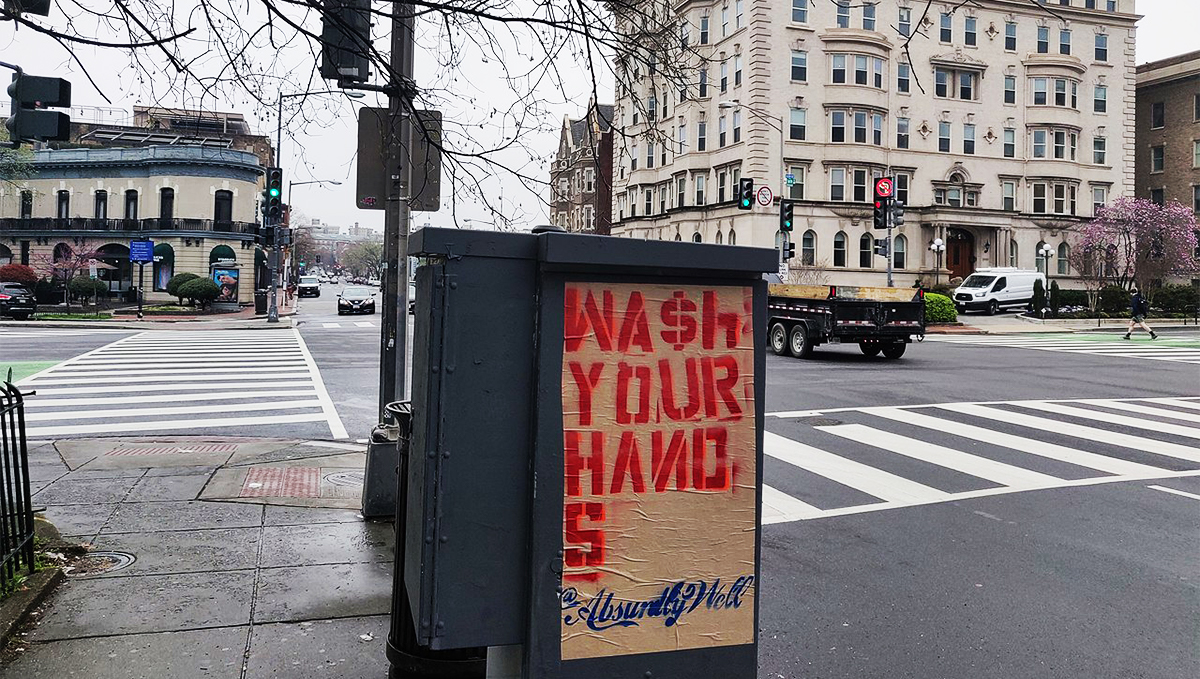
Posted in GUMC Stories | Tagged COVID-19, health advocacy, health disparities, health equity, health justice, Health Justice Alliance, School of Medicine
(May 19, 2020) — While COVID-19 exacts its devastating toll across the world, in Washington, DC, the pandemic has deepened the gulf of health disparities and social injustice.
For the students and leaders of Georgetown’s Health Justice Alliance, a collaboration between Georgetown Law and the university’s medical center, the havoc created by the crisis makes their work — using law as a tool to improve individual and community health and well-being — all the more important and impactful.
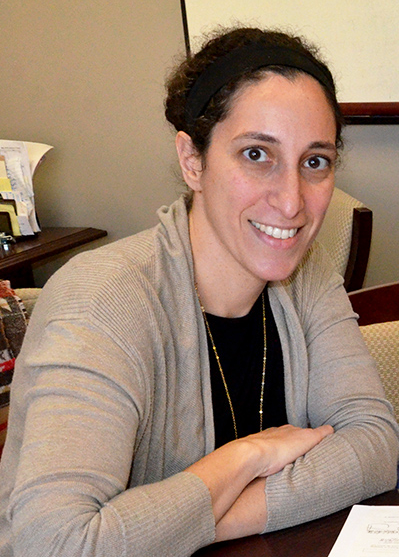
“We’re seeing just how critical our medical-legal partnership is at this time,” says Yael Cannon, director of the Health Justice Alliance Law Clinic.
Cannon says the law clinic, where law and medical students, faculty and providers learn about and collaborate on health and legal remedies for clients, has adapted its operations to serve families remotely and worked hard to identify their most urgent needs.
Addressing Worsening Conditions
Since learning that some parents are struggling to feed their kids and skipping meals to ensure their children can eat, the law and medical teams have been combining forces to address the issue. The Health Justice Alliance team helps families secure critical public benefits to shore up their food security. Families are also receiving legal advice about economic stimulus payments and help understanding rights related to D.C.’s moratorium on evictions and late rental fees to maximize income and housing security.
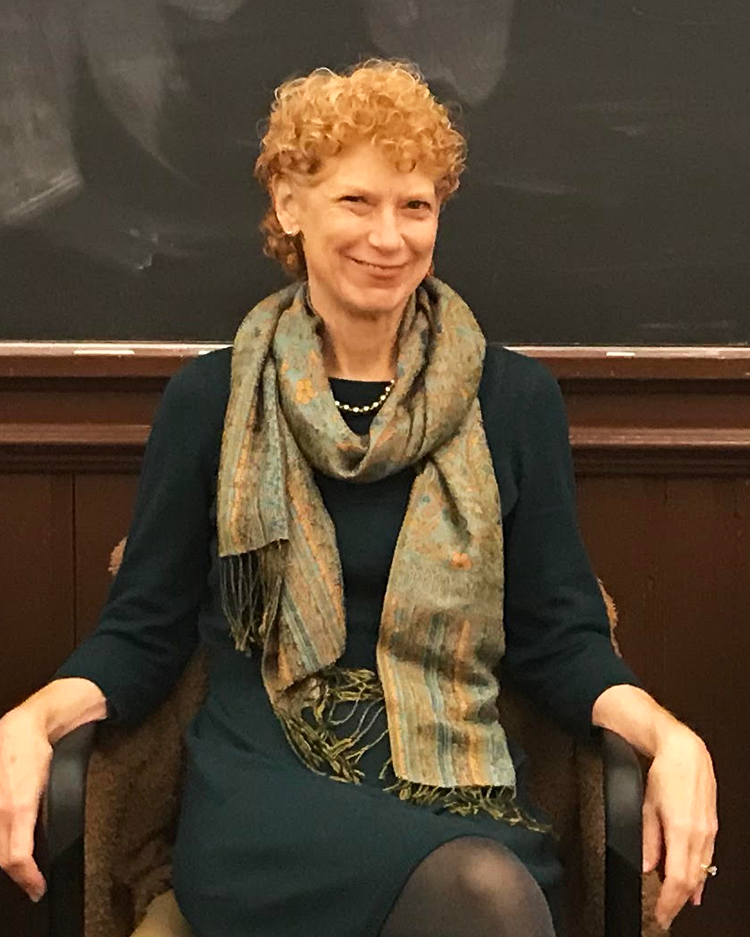
“The Health Justice Alliance is also continuing to serve families with other legal issues affecting family health and well-being during COVID,” says Eileen Moore, MD, medical director of the alliance.
The efforts include remedying housing conditions that exacerbate asthma and other underlying health conditions that increase vulnerability to COVID-19, and ensuring that patients have Medicaid coverage, Moore says.
The students and faculty in the Law Clinic have trained their medical partners to understand their patients’ rights in these and other areas of poverty law being impacted by COVID-19, and have developed know-your-rights and resource materials that are being disseminated to patients’ families.
“In addition, the Health Justice Alliance students are advocating for educational supports, particularly for children with disabilities, whose special education needs are often going unmet during this period of distance learning,” says Cannon.
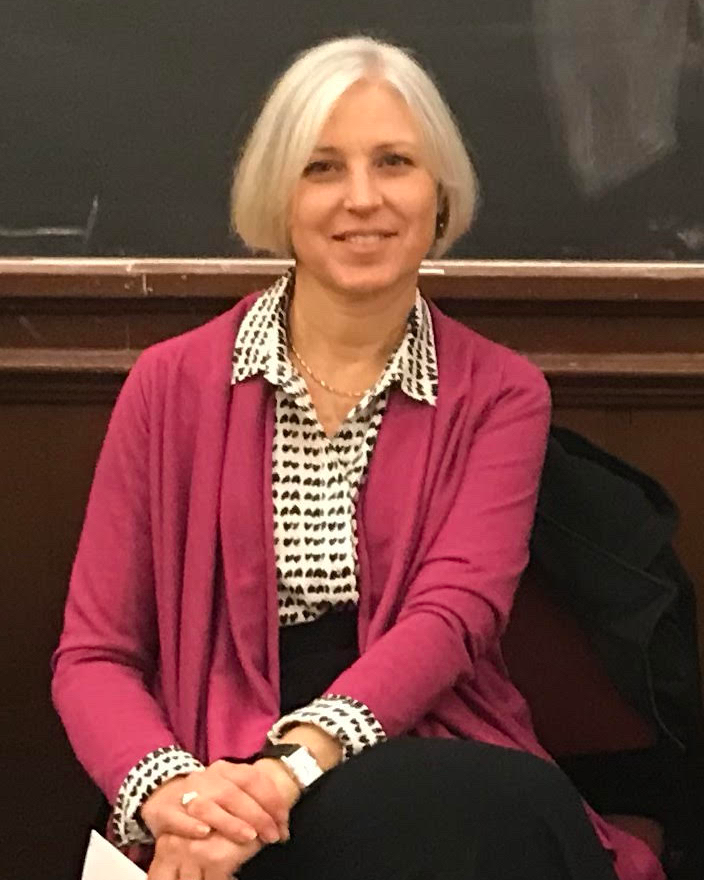
Vicki Girard, director of the Georgetown Health Justice Alliance, notes that in addition to these efforts, the alliance is also working beyond the direct service level.
“Our legal and medical teams are collaborating to identify and bring to the attention of city leaders some of the systemic problems affecting D.C.’s most high-needs families, such as gaps in medication coverage and the need for additional food and shelter resources. Contributing our law and medical expertise to the development and advocacy of policy solutions to these challenges is exactly why the medical-legal partnership is such a powerful model,” Girard says.
Preparing for Post-Pandemic Needs
While the Health Justice Alliance is playing an important role now, Cannon says, “we may have an even more critical role to play when we are on the other end of this, helping to advocate for families who will have gone for a long time without income.
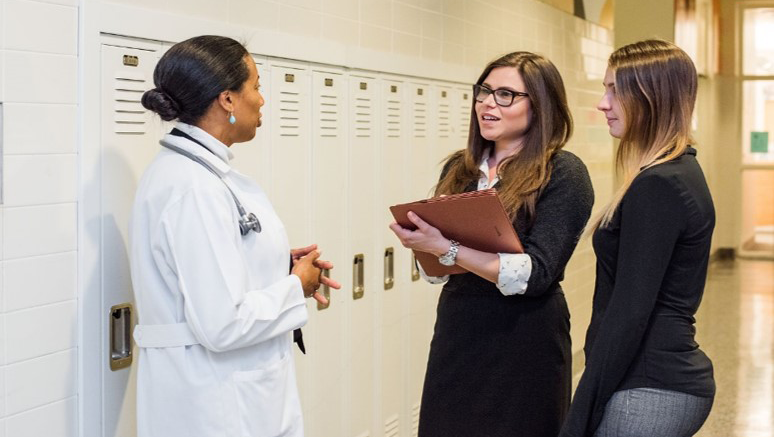
“Many families will be facing eviction and other challenges when the courts re-open,” she adds.
“In addition, many families will be dealing with the cumulative health effects of untreated illnesses and chronic health conditions, ongoing hunger, and toxic stress,” says Ana Caskin, MD, Health Justice Alliance’s deputy medical director and associate medical director for community pediatrics at MedStar Georgetown University Hospital.
“There will be significant policy and legislative changes in which the Health Justice Alliance can play a role, including those that ensure that the health disparities and injustices that this pandemic has exposed are addressed,” Caskin posits.
“The impact of the COVID crisis is shining a light on all the ways that lawyers and doctors, nurses and other health care providers can do their work better together,” says Girard, “Health Justice Alliance’s use of the medical-legal partnership model to educate aspiring lawyers and doctors together in the collaborative pursuit of social justice is just the way medical and legal education should be heading more broadly,” she concludes.
